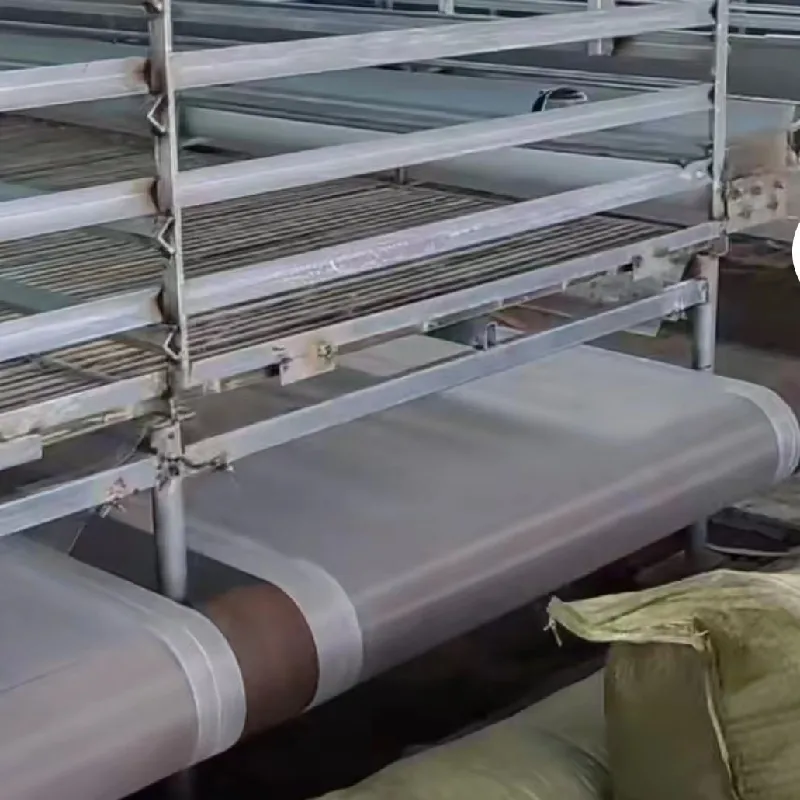-
 Afrikaans
Afrikaans -
 Albanian
Albanian -
 Amharic
Amharic -
 Arabic
Arabic -
 Armenian
Armenian -
 Azerbaijani
Azerbaijani -
 Basque
Basque -
 Belarusian
Belarusian -
 Bengali
Bengali -
 Bosnian
Bosnian -
 Bulgarian
Bulgarian -
 Catalan
Catalan -
 Cebuano
Cebuano -
 China
China -
 Corsican
Corsican -
 Croatian
Croatian -
 Czech
Czech -
 Danish
Danish -
 Dutch
Dutch -
 English
English -
 Esperanto
Esperanto -
 Estonian
Estonian -
 Finnish
Finnish -
 French
French -
 Frisian
Frisian -
 Galician
Galician -
 Georgian
Georgian -
 German
German -
 Greek
Greek -
 Gujarati
Gujarati -
 Haitian Creole
Haitian Creole -
 hausa
hausa -
 hawaiian
hawaiian -
 Hebrew
Hebrew -
 Hindi
Hindi -
 Miao
Miao -
 Hungarian
Hungarian -
 Icelandic
Icelandic -
 igbo
igbo -
 Indonesian
Indonesian -
 irish
irish -
 Italian
Italian -
 Japanese
Japanese -
 Javanese
Javanese -
 Kannada
Kannada -
 kazakh
kazakh -
 Khmer
Khmer -
 Rwandese
Rwandese -
 Korean
Korean -
 Kurdish
Kurdish -
 Kyrgyz
Kyrgyz -
 Lao
Lao -
 Latin
Latin -
 Latvian
Latvian -
 Lithuanian
Lithuanian -
 Luxembourgish
Luxembourgish -
 Macedonian
Macedonian -
 Malgashi
Malgashi -
 Malay
Malay -
 Malayalam
Malayalam -
 Maltese
Maltese -
 Maori
Maori -
 Marathi
Marathi -
 Mongolian
Mongolian -
 Myanmar
Myanmar -
 Nepali
Nepali -
 Norwegian
Norwegian -
 Norwegian
Norwegian -
 Occitan
Occitan -
 Pashto
Pashto -
 Persian
Persian -
 Polish
Polish -
 Portuguese
Portuguese -
 Punjabi
Punjabi -
 Romanian
Romanian -
 Russian
Russian -
 Samoan
Samoan -
 Scottish Gaelic
Scottish Gaelic -
 Serbian
Serbian -
 Sesotho
Sesotho -
 Shona
Shona -
 Sindhi
Sindhi -
 Sinhala
Sinhala -
 Slovak
Slovak -
 Slovenian
Slovenian -
 Somali
Somali -
 Spanish
Spanish -
 Sundanese
Sundanese -
 Swahili
Swahili -
 Swedish
Swedish -
 Tagalog
Tagalog -
 Tajik
Tajik -
 Tamil
Tamil -
 Tatar
Tatar -
 Telugu
Telugu -
 Thai
Thai -
 Turkish
Turkish -
 Turkmen
Turkmen -
 Ukrainian
Ukrainian -
 Urdu
Urdu -
 Uighur
Uighur -
 Uzbek
Uzbek -
 Vietnamese
Vietnamese -
 Welsh
Welsh -
 Bantu
Bantu -
 Yiddish
Yiddish -
 Yoruba
Yoruba -
 Zulu
Zulu
ss strainer filter
Understanding SS Strainer Filters A Comprehensive Guide
In industrial and commercial applications, the need for effective filtration solutions cannot be overstated. Among the various types of filtration devices, SS strainer filters have gained significant popularity due to their efficiency and durability. SS stands for stainless steel, a material renowned for its strength, corrosion resistance, and longevity. This article delves into the design, application, and advantages of SS strainer filters.
What are SS Strainer Filters?
SS strainer filters are mechanical filtration devices designed to remove unwanted particles from liquids and gases. They typically consist of a stainless steel mesh or perforated plate that captures impurities while allowing the clean fluid to pass through. These filters are available in various sizes and configurations, making them suitable for numerous applications across different industries.
Design and Construction
The construction of SS strainer filters revolves around stainless steel, which offers remarkable resistance to rust and degradation. This aspect is crucial, especially in environments where chemical exposure is frequent or where temperatures can fluctuate significantly. The filter design often includes a housing that encloses the filtering element, keeping it secure and functional. The mesh size can vary, allowing for the filtration of particles of different dimensions, making these filters versatile for various filtering needs.
Applications of SS Strainer Filters
The applications of SS strainer filters are vast and diverse
. They are commonly used in1. Water Treatment Plants To remove debris and sediments from water before it undergoes purification processes. 2. Chemical Processing In chemical manufacturing, these filters effectively separate solids from liquids to protect sensitive equipment. 3. Oil and Gas Industry They are vital in refining processes and pipeline operations to keep systems running smoothly by eliminating particulates that could cause blockages. 4. Food and Beverage Industry Ensuring product purity by filtering out unwanted materials during production processes. 5. HVAC Systems To maintain air quality by filtering out dirt and contaminants from the air passing through the system.
ss strainer filter

Advantages of SS Strainer Filters
The advantages of SS strainer filters are numerous
1. Durability Stainless steel is inherently robust, making these filters suitable for high-pressure and high-temperature applications without compromising their structural integrity.
2. Corrosion Resistance The nature of stainless steel allows these filters to withstand harsh environments, ensuring a longer lifespan compared to filters made from other materials.
3. Easy Maintenance Most SS strainer filters are designed for easy cleaning and maintenance, often featuring removable elements that simplify the cleaning process.
4. Cost-Effectiveness While the initial investment may be higher than some alternatives, the durability and longevity of SS strainer filters often lead to lower overall costs over time due to decreased replacement frequency.
5. Versatility With various mesh sizes and configurations, these filters can be tailored to suit specific filtration needs, making them adaptable to diverse industrial requirements.
Conclusion
In conclusion, SS strainer filters play a critical role in maintaining efficiency and purity across various industries. Their robust construction, corrosion resistance, and adaptability make them a favored choice in filtration solutions. As industries continue to evolve and demand higher standards for quality and efficiency, the significance of SS strainer filters is likely to grow, making them an essential component in modern filtration systems. Whether for water treatment, chemical processing, or air filtration in HVAC systems, SS strainer filters provide reliable performance that meets the rigorous needs of today’s industrial applications.
-
Shipping Plastic Bags for Every NeedNewsJul.24,2025
-
Safety Netting: Your Shield in ConstructionNewsJul.24,2025
-
Plastic Mesh Netting for Everyday UseNewsJul.24,2025
-
Nylon Netting for Every UseNewsJul.24,2025
-
Mesh Breeder Box for Fish TanksNewsJul.24,2025
-
Expanded Steel Mesh Offers Durable VersatilityNewsJul.24,2025











